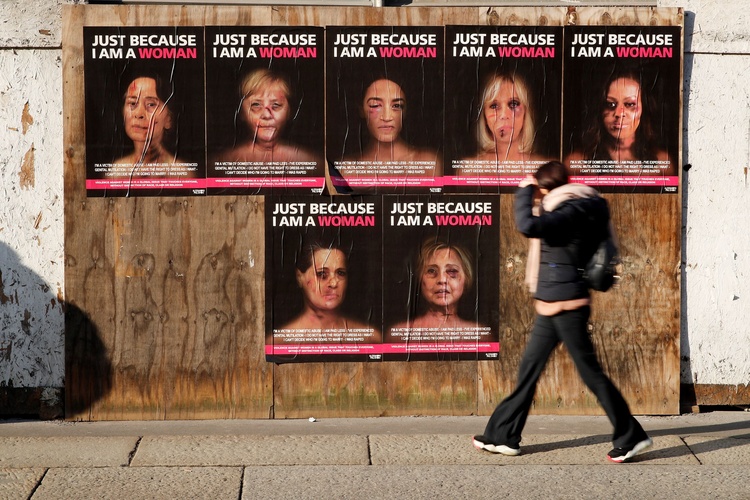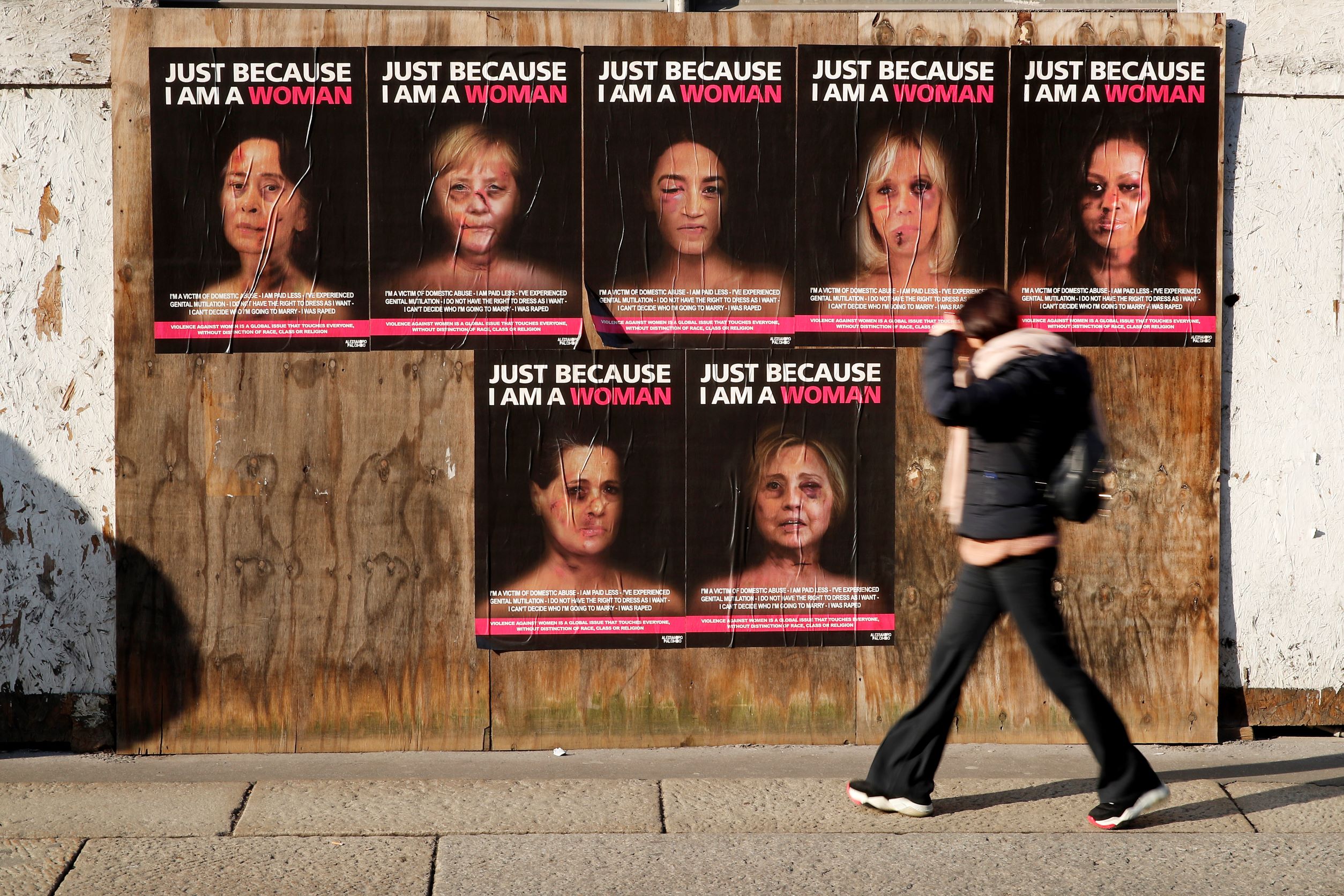Cirigliano Perna’s adventure began in the town of San Giorgio Lucano, in the southern Italian region of Basilicata.
She left her hometown to study at the University of Bari, the same university where Italian statesman Aldo Moro taught.
“I graduated in July with full marks in international political science,” she says.
“By September, I’d obtained a position teaching law and economics in Milan, before meeting my husband and teaching in Turin.”
Eventually, Cirigliano Perna followed her life partner to Australia, after he was transferred by his company.
“We had a four-year contract and I was already a mother,” she says.
“I decided to enjoy the time with my son during this period, and in the meantime, my second child came along.”
While Cirigliano Perna enjoyed dedicating herself to her family, she wanted to continue working in academia, even though her degree was not recognised in Australia.
She applied to teach at the department of European languages at Macquarie University.
“I rediscovered the refinement of Italian grammar through students’ questions, which were the starting point for new reflections on the richness of our language,” Cirigliano Perna says.
Her teaching experience sparked an unbridled interest in the history of Italian migration and she began to collate information pertaining to the logistics and psychological impact of the process.
“These aspects are rarely documented,” she maintains.
“I focused on gender in migration, highlighting female perspectives.
“Women are often relied upon to maintain cultural traditions and nuances in their new settings and to create the necessary tools themselves, in order to do so.”
In 2004, Cirigliano Perna published an anthology that captured the practical and emotional aspects of the migration process, starting with what she defines as “il tarlo”, or “the earworm” – a thought that leads an individual to migrate.
The book, Non soltanto un baule (Not Only A Trunk), is a representation of the Italian migration process.
The immigrants’ stories, told through the voices of descendants or friends, express the hopes, uncertainties, dreams and fears experienced on their journeys to the US, Australia, Argentina and Canada.
Cirigliano Perna pioneered new methodologies for the teaching of the Italian language, utilising the mediums of cinema and music.
These teaching methods were so innovative that she was contacted by a famous publishing house in New York that specialises in textbooks for Italian students.
She has since written 10 books and produced multiple handouts.
“I was aware of the difficulties my students experienced in attempting to understand Italian grammar,” Cirigliano Perna says.
“I wanted to create texts that would encourage the active use of contemporary Italian, in contexts familiar to young people.”
Among Cirigliano Perna’s publications are Fuori dalla nebbia. Due vite all’ombra di Giovannino Guareschi, which was co-written with Giancarla Minuti Guareschi and tells the story of Giuliano Montagna, a journalist in the Italian community.
Cirigliano Perna also edited A Journey Back to Origins, a bilingual anthology containing 44 stories of Italian migrants who moved to Australia, written through the lens of their grandchildren.
The book was dedicated to the Associazione I Nonni in Sydney as Cirigliano Perna's “personal homage to the Italo-Australian community”.
Cirigliano Perna’s interest was not solely concentrated on Italian migration but also on women’s rights.
“I frequently participated in the National Italian-Australian Women’s Assocication’s (NIAWA) activities,” she says.
“The association was founded in 1985 by a former New South Wales senator, Franca Arena, who fought to represent Italian women.”
“I joined the committee in 2010 and after 25 years as president, even though we didn’t want to accept it, Arena resigned.
“She passed the reins to me and since then, the committee and I have continued her wonderful legacy.”
The association works together to recognise the needs of women who migrated to Australia in the 20th century as well as more recent migrants, creating a safe space to navigate a wide variety of far-reaching issues, such as gendered violence.
Cirigliano Perna’s life has been dedicated to promoting Italian culture, doing pivotal research into the history of migration and fighting for women’s rights - three intertwined journeys that she continues to embark upon.












